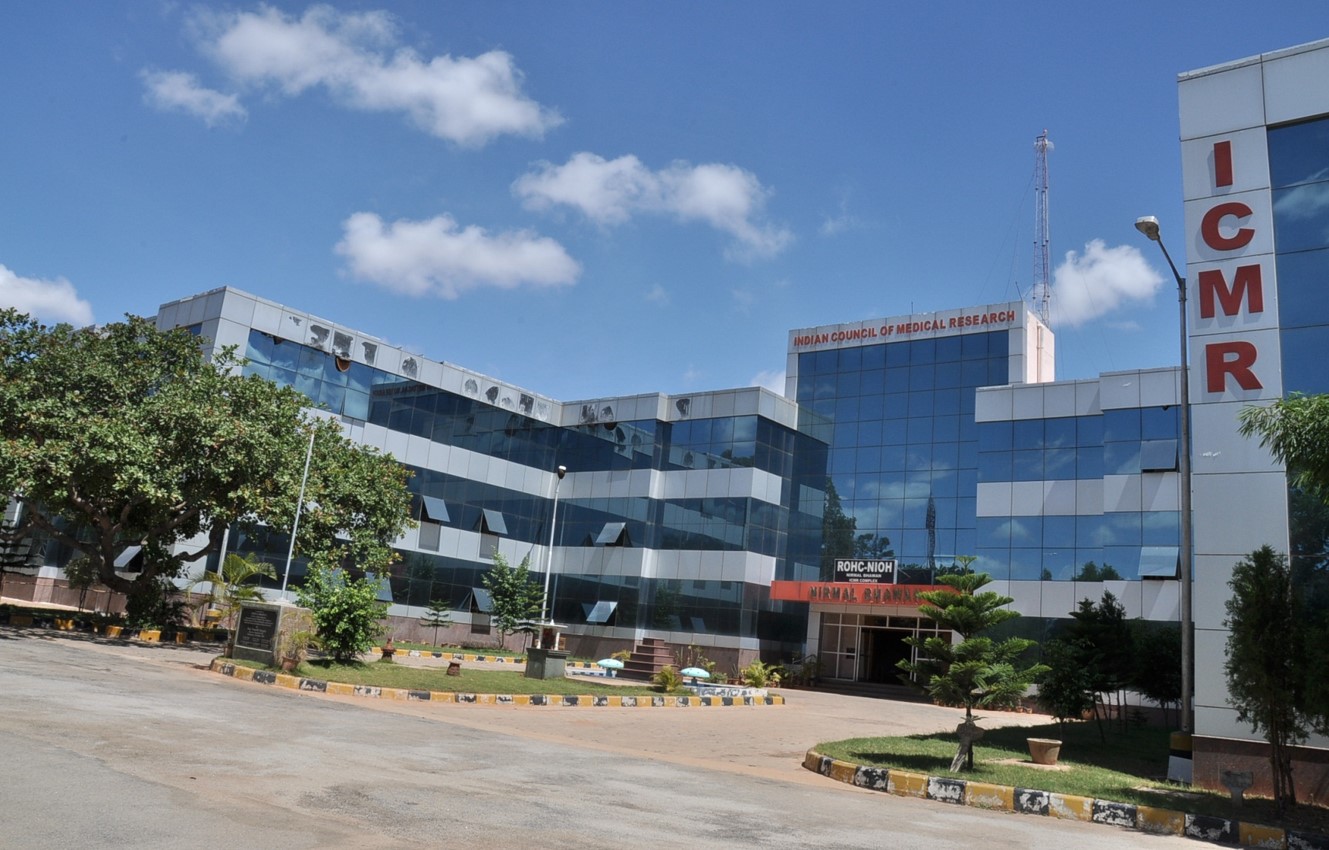India’s First Ethical Guidelines For Application of AI In Healthcare Industry Established By The ICMR; AI Revolutionising The Healthcare Industry In 2023
The Indian Council of Medical research has initiated the country’s first ethical guidelines for using Artificial intelligence (AI) in Biomedical Research and Healthcare. The initiative has been taken to provide an ethical framework for developing AI-based tools that will benefit the stakeholders.

The Indian Council of Medical research has initiated the country’s first ethical guidelines for using Artificial intelligence (AI) in Biomedical Research and Healthcare. The initiative has been taken to provide an ethical framework for developing AI-based tools that will benefit the stakeholders.
The document drafted by the Department’s Health Research and ICMR’s Artificial Intelligence Cell, AI for the sector of health depends obtained by human participation and results in increasing concerns related to potential biases, handling of data, interpretation, autonomy, and minimization of risk with professional competence, sharing of data and confidentiality.

The guidelines have stated that it could be ethical to have a framework that addresses issues related to AI for biomedical research and healthcare.
India’s dependence on the adoption of AI has been increasing significantly. However, AI being a data-driven technology, has many shortcomings, including algorithmic transparency and explainability, clarity for liability, accountability and oversight, bias, and discrimination. It has been stated by the ICMR Director General, Dr. Rajiv Behl.
The DHR-ICMR cell has identified the requirement to develop these guiding ethical principles based on artificial intelligence and machine-learning-based tools.
“These guidelines will provide the ethical framework for the development of AI-based tools that will benefit every stakeholder, including inventors, designers, patients, technicians, scientists, healthcare professionals, ethics committees, sponsors, and funding agencies involved with studies related to AI in medicinal chemistry and healthcare,” he said.
Dr. N K Arora, NTAGI Chief has stated that the objective of the guideline was to provide an ethical framework that can help in the development, deployment, and adoption of AI-based solutions that will help in biomedical research and delivery of healthcare systems.
The guidelines are focused on all the stakeholders who are involved in the research on AI in the healthcare sector, including the developers, creators, technical researchers, clinicians, ethics committees, sponsors, institutions, and funding organizations.
The guidelines would involve separate sectors that would address the ethical rules and regulations for AI in health, and guiding principles for the stakeholders. Utilization of AI for governance and healthcare research and informed consent involving human participants and their information.
According to Dr. Arora, the guideline was developed after extensive discussions with subject experts, researchers, and ethicists.
AI in healthcare has the potential to solve significant challenges such as diagnosis and screening, therapeutics, preventive treatments, clinical decision-making, public health surveillance, complex data analysis, and disease prediction. According to the document, this list is likely to grow in the future.

The objective of the guidelines is not to restrict the innovations or recommend any disease-specific diagnostic feature or a therapeutic approach but to result in an effective yet safe development, adoption, and deployment of AI=based tools in the fields of the healthcare sector and biomedical research.
The guidelines will be utilized by the experts and the ethical committees to review research proposals involving the usage of AI-based tools and technologies.
AI Can Boost India’s Healthcare Industry:

India has only 64 doctors per 100,000 people, compared to a global average of around 150 per 100,000. Primary health care centers and sub-centers in rural areas are frequently understaffed and lack the critical infrastructure to meet the needs of patients. This frequently results in a lack of high-quality diagnostic services, particularly in rural India, which is home to more than 70% of the population.
Predictive analytics powered by Artificial Intelligence (AI) for early detection can be a powerful tool for targeted public health interventions, particularly in areas with limited healthcare capacity and delayed disease detection capabilities outside of urban areas. AI-enabled tools provide opportunities to bridge these inequities and achieve AI maturity in India’s $372 billion healthcare market.
The Indian government-linked think tank NITI Aayog has been testing the application of AI in patient healthcare for early diagnosis of diabetes-related complications and is currently verifying the use of AI as a screening tool in eye care by comparing its diagnostic performance with that of retina specialists. Integrating AI capabilities with portable screening devices, such as 3Nethra, can increase the capacity for eye screenings and early detection while also offering access in remote locations across the country.
Oncology could benefit from similar applications. The Comprehensive Archive of Imaging was recently launched by Tata Medical Center and the Indian Institute of Technology as India’s first de-identified cancer image bank. AI-powered tools can use high-quality de-identified images to train machine learning models to detect biomarkers and improve cancer research outcomes.
Edited by Prakriti Arora




